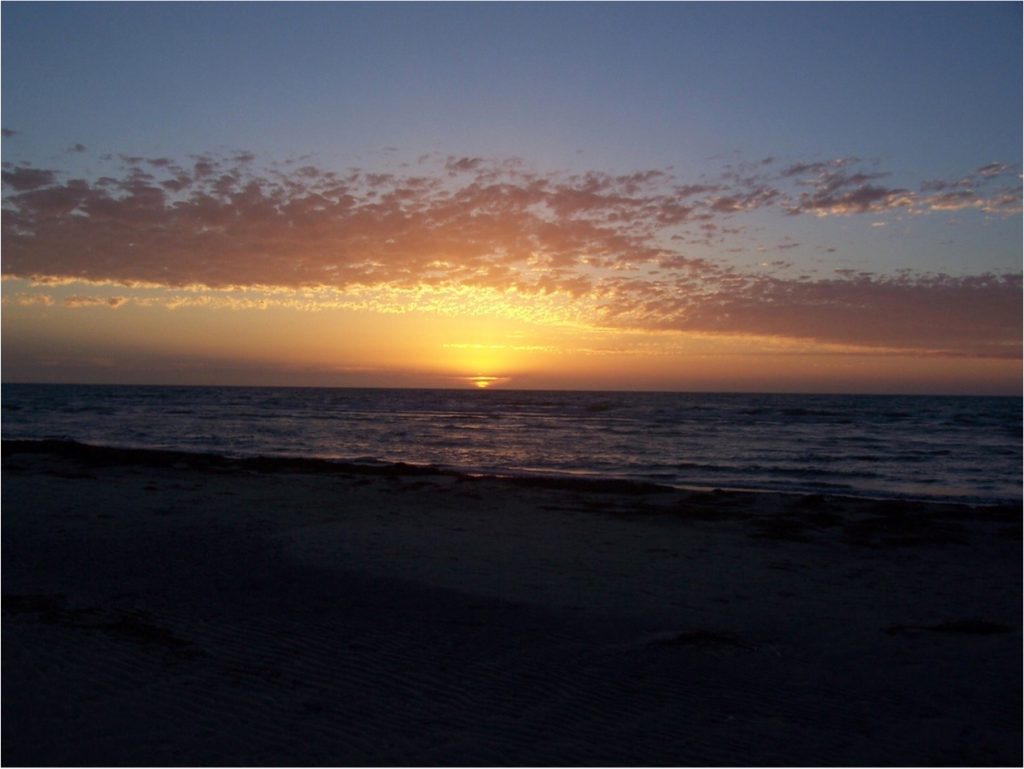Social Justice Statement Australian Catholic Bishops Conference
Inspired by Scripture, Pope Francis sees the pandemic in terms of its potential for positive change. The COVID-19 crisis can become our Noah moment. He states that we need to find our way to the Ark and a new future if we recognise and foster the ties that bind us together. Along with the cry of the earth and the cry of the poor, we also hear a cry of the students from Holy Family.
Furthermore, every creature speaks to us of the Creator, but if are to be stewards of the Earth we need to listen. For example, the rising sea levels, bigger king tides, more frequent and severe storms, coastal erosion, coral bleaching, and decreasing fish stocks are already a daily reality throughout the world. Moreover, some Pacific Islands are in imminent danger of disappearing and their communities facing the task of relocating.
Additionally, the First Nations people remind us of the interconnectedness of people and the rest of creation. Pat Dodson states “The Aborigines and the environment are but one, and all things on earth have a cycle, and they recycle. All rivers, trees, creatures, and plants are alive just as we are, today and in the beginning. They are part of nature as we are, and our connection to all things natural is spiritual.”.
The suffering of our rivers and waterways, our groundwater, reefs, and oceans, are clearly visible. Successive bleaching events in the Great Barrier Reef and mass fish deaths in the Menindee Lakes, caused by inadequate water flow and poor water quality, and a sudden change in temperature are destroying natural environments. The Great Artesian Basin is at risk from over extraction of water and the potential introduction of pollutants and petro carbons from fracking.
Fr Joshtrom Kureethadam, of the Vatican Dicastery for the Promotion
of Integral Human Development says, “We need to start listening more attentively to creation. Our faith provides wisdom sources that can help us to take our next steps now.
This begins with the Scriptures which exhibit the love and commitment of God to all creation. The opening chapter of the Bible sings of the goodness of creation which springs from the power of the creative Word (Gen 1-2:4). This allows us to see the Scriptures in view of the ecological crisis and the poverty it engenders. As Pope Francis points out, now we can better appreciate that we are creatures within creation, in relationship with the whole earth, plants, birds, beasts, fish, soil and gardens. We are called to be caretakers (Gen 2:15) rather than exploiters.
Pope Francis is calling us to a relationship based on love and a commitment to the common good that leads us to take action to ensure conditions in which everyone, including future generations, can meet their needs and reach their potential.


